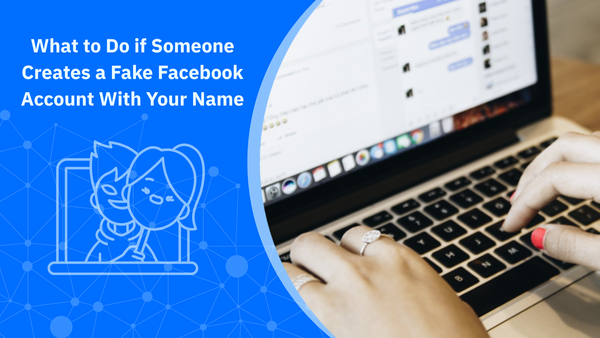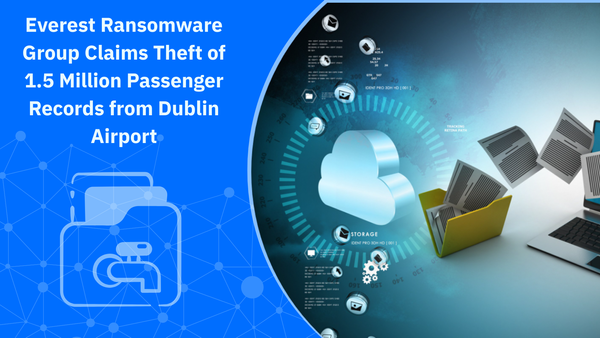Twitter thwarts third-party data scraping by rolling out new sign-in feature to view tweets and profiles

Elon Musk’s Twitter has recently rolled out a “sign in feature” that will help the social media giant limit data-scraping incidents.
Beginning June 30, Twitter restricted access to its platform for anyone who is not logged into an account. Unregistered internet users who want to browse tweets, user profiles or comment threads on Twitter now need to sign up on the platform to do so.
According to Musk, the decision was made because a multitude of data scrapers were ransacking the platform:
“Temporary emergency measure. We were getting data pillaged so much that is degrading service for normal users!,” Musk tweeted.
“Several hundred organizations (maybe more) were scraping Twitter data extremely aggressively, to the point where it was affecting the real user experience,” Musk added.
While free Twitter account holders can still access all publicly available Tweets and information, other features that would enhance social media users’ experience have not been modified, and remain limited to Twitter Blue subscription holders.
How can data scraping impact user privacy?
Web scraping or collecting publicly available data from online platforms is usually done by automated tools or bots that can gather millions of data points. Although data scraping is used to aid market research and data brokers, malicious individuals and threat actors also engage in web scraping to extract information and conduct doxing and targeted attacks against users. Scraped information may include users’ names, dates of birth, location, phone numbers, shared media (photos and videos), and any other available information users willingly share online.
Protecting against web scraping incidents is an arduous process, but you can take a more privacy-focused approach to limit data exposure linked to web harvesting by following these easy steps:
- Limit the information you voluntarily provide when setting up an account
- Review your online account history and deleting accounts on platforms you no longer use
- Closely inspect privacy settings on all of your social media accounts and make the necessary changes so that your phone number, email address and other sensitive information are not publicly available
- Use a digital identity protection service that can help you monitor and control the digital footprint you leave behind whenever you go online and track down any old accounts you might have forgotten about.
Bitdefender Digital Identity Protection does this and more, as it offers you a comprehensive mapping of your digital footprints, and monitors for privacy risks and data breaches with 24/7 alerts. Social media aficionados can also sniff out impersonators who may ruin their reputation and easily access the privacy and security settings of their social networks, including Facebook, Twitter, LinkedIn and Instagram
tags
Author
Alina is a history buff passionate about cybersecurity and anything sci-fi, advocating Bitdefender technologies and solutions. She spends most of her time between her two feline friends and traveling.
View all postsRight now Top posts
How Do You Manage Your Passwords? We Ask Netizens
December 18, 2025
Cybercriminals Use Fake Leonardo DiCaprio Film Torrent to Spread Agent Tesla Malware
December 11, 2025
FOLLOW US ON SOCIAL MEDIA
You might also like
Bookmarks







